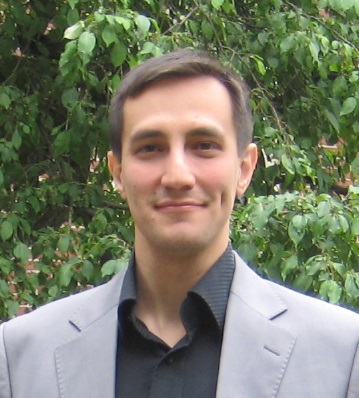
Selcuk Kose
Professor of Electrical and Computer Engineering
PhD, University of Rochester, 2012
- Office Location
- 422 Computer Studies Building
- Telephone
- (585) 275-1420
- Web Address
- Website
Short Biography
Selçuk Köse received his PhD degree in Electrical and Computer Engineering from University of Rochester in 2012. After spending almost 7 years at the University of South Florida (USF) as an Assistant Professor and Associate Professor, he joined the Department of Electrical and Computer Engineering at the University of Rochester as an Associate Professor in 2019 and became a full Professor in July 2024.
He was a part-time Engineer with the VLSI Design Center, Scientific and Technological Research Council (TUBITAK), Ankara, Turkey, where he worked on low power ICs in 2006. During the summers of 2007 and 2008, he was with the Central Technology and Special Circuits Team in the enterprise microprocessor division of Intel Corporation, Santa Clara, California, where he was responsible for the functional verification of a number of blocks in the clock network including the de-skew machine and optimization of the reference clock distribution network. In summer 2010, he worked in the RF, Analog, and Sensor Group, Freescale Semiconductor, Tempe, Arizona, where he developed design techniques and methodologies to reduce electromagnetic emissions.
Selçuk received NSF CAREER award (2014), USF College of Engineering Outstanding Junior Research Achievement Award (2014), USF Outstanding Faculty Award (2016), Cisco Research Award (2015, 2016 & 2017) and USF Outstanding Research Achievement Award (2017). He is currently serving as an associate editor for the Journal of Circuits, Systems and Computers (JCSC) and Microelectronics Journal.
Research Overview
His current research interests include hardware security with a specific focus on side-channel attacks, fault injection attacks, covert channel attacks, individual and combined attacks and countermeasures, and physical unclonable functions (PUFs); analysis and design of high performance/low power integrated circuits; on-chip reconfigurable DC-DC converters; interconnect related issues with a specific emphasis on the design and analysis of power and clock distribution networks; and 3-D integration. His research is/has been supported by a National Science Foundation (NSF) CAREER Award, an NSF/SRC SaTC/STARSS award, multiple Cisco Research Awards, multiple Florida Center for Cybersecurity (FC2) grants, and a Florida High Tech Corridor matching grant.
Research Interests
- hardware security
- analysis and design of high performance/low power integrated circuits
- on-chip reconfigurable DC-DC converters
- 3-D integration
